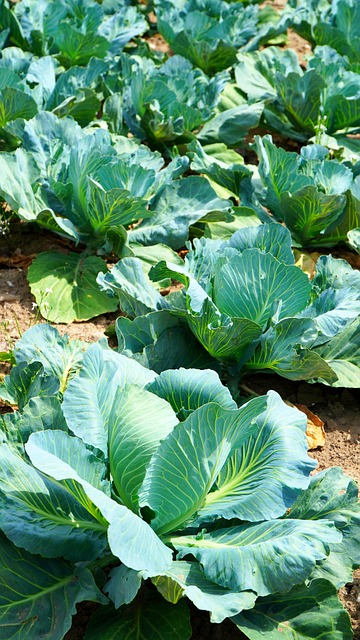Sustainable Agriculture Courses: Practical Skills for Modern Farmers
Agriculture courses are evolving to meet the needs of growers, community gardeners, and agribusiness professionals who want resilient, productive systems. Whether you’re starting on a small plot, running a family farm, or advising on landscape-scale projects, structured training provides the knowledge to increase yields, improve soil health, and adopt environmentally sound practices across climates and scales.

What is sustainable agriculture and why study it?
Sustainable agriculture focuses on meeting current food and fiber needs while preserving the environment, supporting rural communities, and maintaining economic viability. Courses introduce principles like integrated pest management, efficient water use, and crop diversification. Students learn how to balance productivity with ecological stewardship so their farming practices remain viable long-term and better resist market and climate shocks.
How do farming courses translate to real-world practice?
Practical farming courses blend classroom learning with hands-on fieldwork. Topics often include crop planning, machinery basics, seasonal management, and business planning for farms. Many programs emphasize record-keeping, risk assessment, and supply-chain awareness so participants can apply techniques directly to planting schedules, harvest timing, and market-ready produce. This applied focus reduces guesswork and speeds the transition from theory to measurable on-farm improvements.
What does hands-on training cover?
Training typically covers soil testing, composting, seed selection, irrigation setup, and pest monitoring. Workshops teach how to interpret soil reports, build amendments, and design small-scale irrigation systems. Practical modules also show how to set up demonstration plots and conduct simple trials to compare varieties or techniques. Those approaches help learners validate practices before scaling up, minimizing financial and ecological risk while maximizing learning from real results.
How do organic farming courses differ from conventional training?
Organic farming courses emphasize biological fertility, natural pest control, and certification requirements. Learners study crop rotations, green manures, and approved inputs under organic standards. These programs often include modules on record-keeping required for certification, market positioning for organic products, and consumer expectations. For participants aiming to sell into organic channels or transition away from synthetic inputs, the courses provide both technical and regulatory guidance.
What role does regenerative agriculture play in modern curricula?
Regenerative agriculture extends sustainable practices by prioritizing soil regeneration, biodiversity, and carbon sequestration. Training in regenerative approaches covers no-till or reduced-till strategies, multi-species cover cropping, agroforestry principles, and livestock integration. Courses emphasize measuring soil organic matter and biodiversity gains, helping learners adopt practices that rebuild ecosystem services while maintaining profitability. This focus appeals to producers wanting long-term soil health and climate resilience.
Conclusion
Agriculture courses offer a practical pathway to elevate on-farm decision-making, improve environmental outcomes, and create resilient operations. By choosing programs that combine sustainable agriculture principles, hands-on training, organic practices, and regenerative techniques, learners gain a toolkit to adapt to changing conditions and steward land for future productivity.






